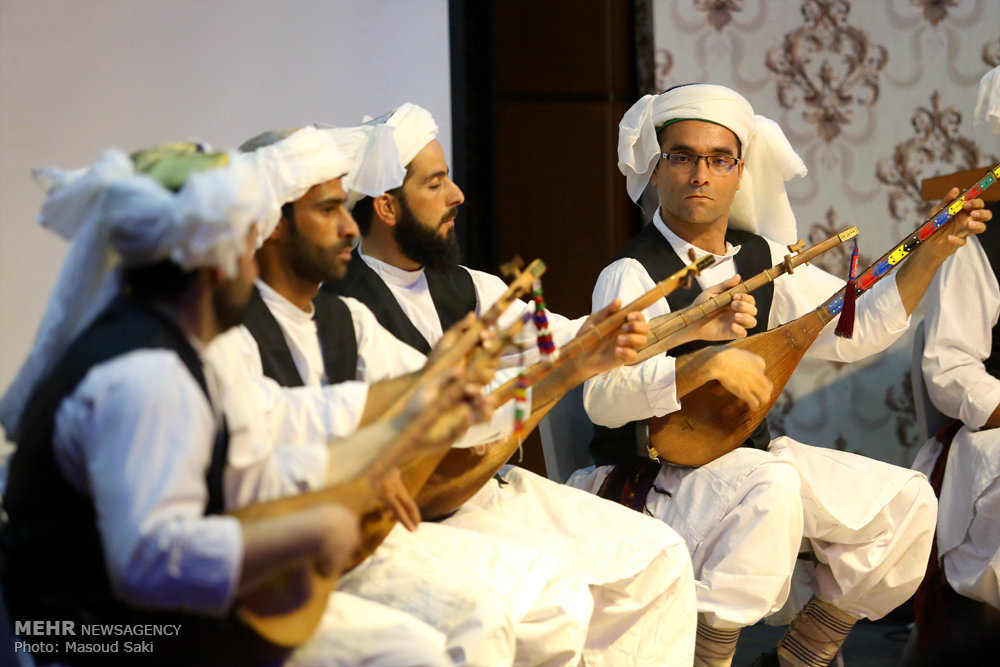Iran seeks UNESCO status for dotar instrument

TEHRAN – Iran is seeking to register the art of dotar craftsmanship and playing the two-stringed, long-necked lute on UNESCO’s Representative List of the Intangible Cultural Heritage of Humanity.
A UNESCO committee has recently begun mulling over Iran’s file for the instrument, Behruz Vejdani, a Persian music scholar who has collaborated in collecting information for the file, told the Persian service of MNA on Friday.
The instrument, mostly common in northeastern Iran, is played in Persian mystic music. It is also played in regions in the Central Asian.
Vejdani said that the file was submitted to UNESCO 18 months ago to avoid any claim from other countries on the instrument.
However, he said that the other countries can ask UNESCO to add them to the file but it refers to dotar as native Iranian instrument.
UNESCO’s Intergovernmental Committee for the Safeguarding of the Intangible Cultural Heritage will announce its decision about the file during its 14th session, which will take place in Bogotá, Colombia from December 9 to 14, 2019.
The art of crafting and playing Kamancheh, a bowed string instrument, was inscribed on the UNESCO’s list as a joint file from Iran and Azerbaijan in December 2017.
Earlier in 2012, Iran has officially objected to UNESCO’s decision to inscribe the art of crafting and playing tar, a long-necked stringed instrument, on UNESCO’s list for the Republic of Azerbaijan.
Photo: A group of dotar players performs during the Khorasan Music Week at the House of Humanities Thinkers in Tehran on March 9, 2018. (Mehr/Masud Saki)
MMS/YAW
